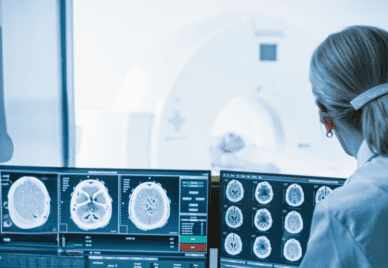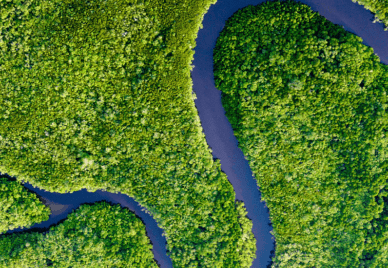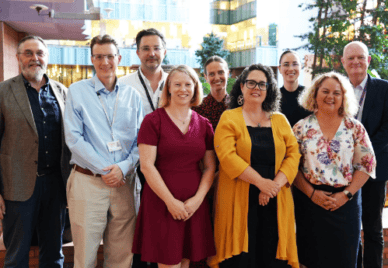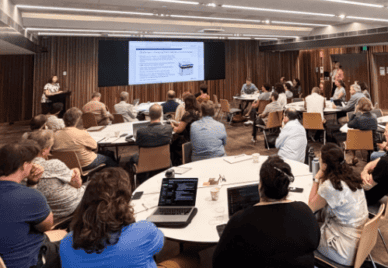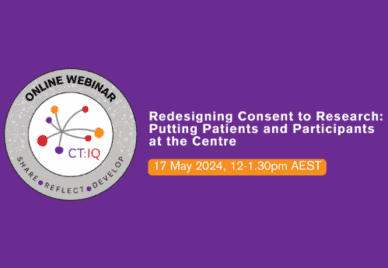Thematic Research Data Commons
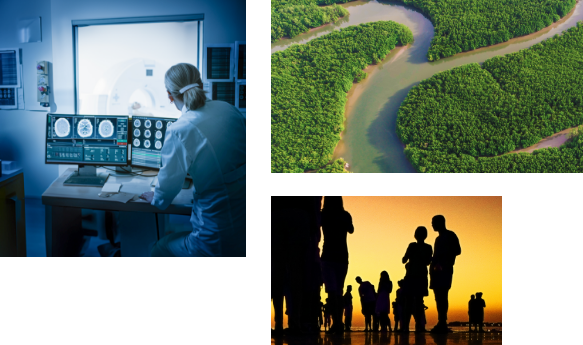
In partnership with the research community, the ARDC has established 3 national-scale Thematic Research Data Commons to meet Australia’s future research needs with long-term, enduring digital infrastructure.
Each Thematic Research Data Commons integrates the ARDC’s underpinning compute, storage infrastructure and services with data assets, analysis platforms and tools. Each is supported by our expertise, skills building activities and our work on developing community-agreed standards and best practices.
These coordinated, structured, and complementary activities are building data assets, tools and skills that will constitute a national ‘knowledge infrastructure’ that enables Australian researchers to transform our lives.
Co-designed with the research community through extensive consultations and broad partnerships, they will enable us to achieve our goal of supporting the maximum number of researchers in strategic priority areas of research through a new approach to participation and organisation.
Addressing National Data Challenges
The ARDC has undertaken extensive nationwide consultations to gain a deep understanding of the research community’s needs.
As a result, we have identified clear priorities for extending and optimising existing infrastructure to deliver a seamless research infrastructure ecosystem and support the maximum number of researchers.
Explore the ARDC’s Thematic Research Data Commons
Get Involved
The ARDC is taking a co-design approach to implementing infrastructure in partnership with stakeholders and researchers. To get involved, visit the Thematic Research Data Commons program pages above and register your interest.
Our Impact
Explore our impact through case studies that highlight how our strategic activities help researchers maximise their impact.
Resources for Researchers
Take a look at our curated digital resources for health and medical sciences, earth and environmental sciences, and HASS and Indigenous researchers.
Latest News and Events
Contact the ARDC
Subscribe to the
ARDC Connect Newsletter


